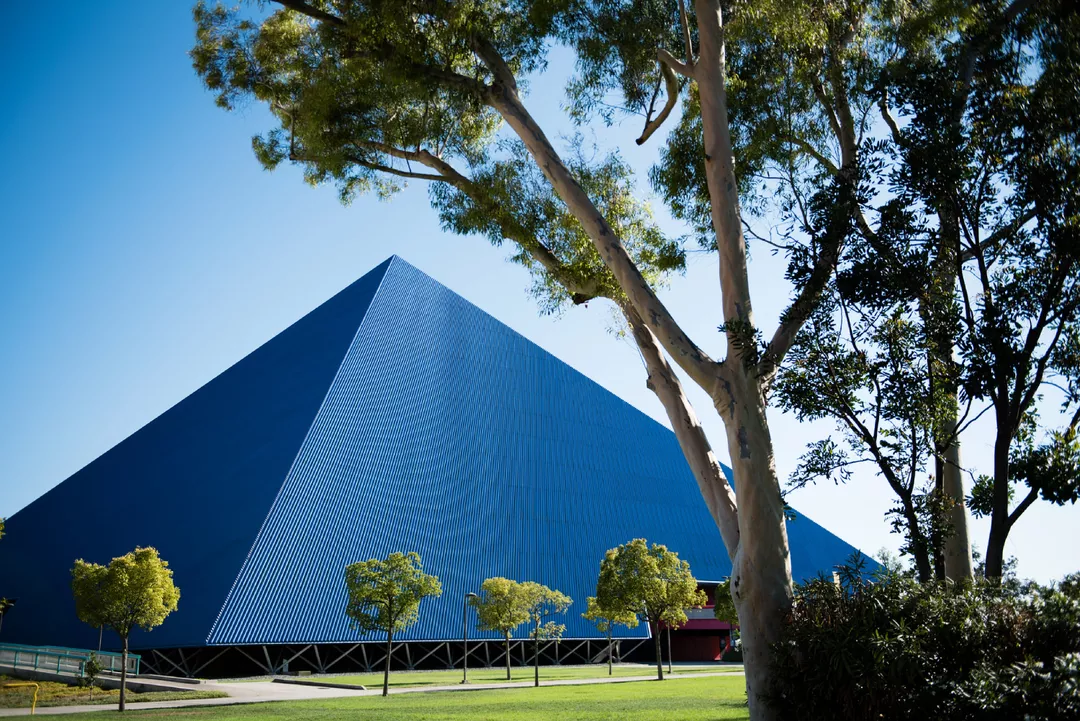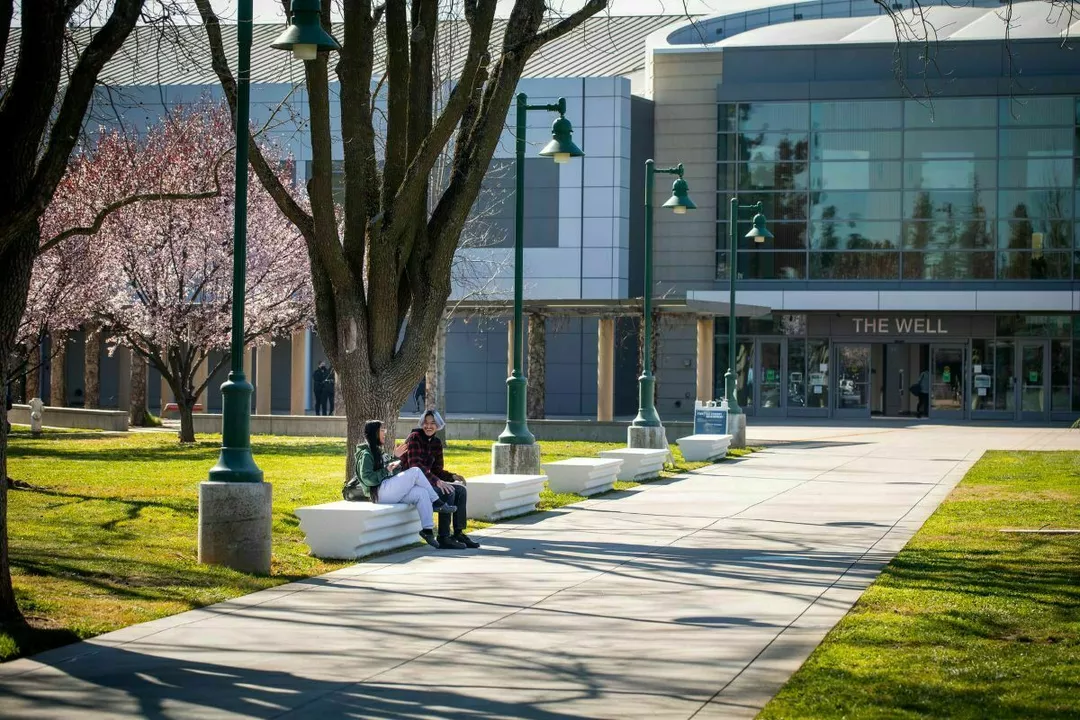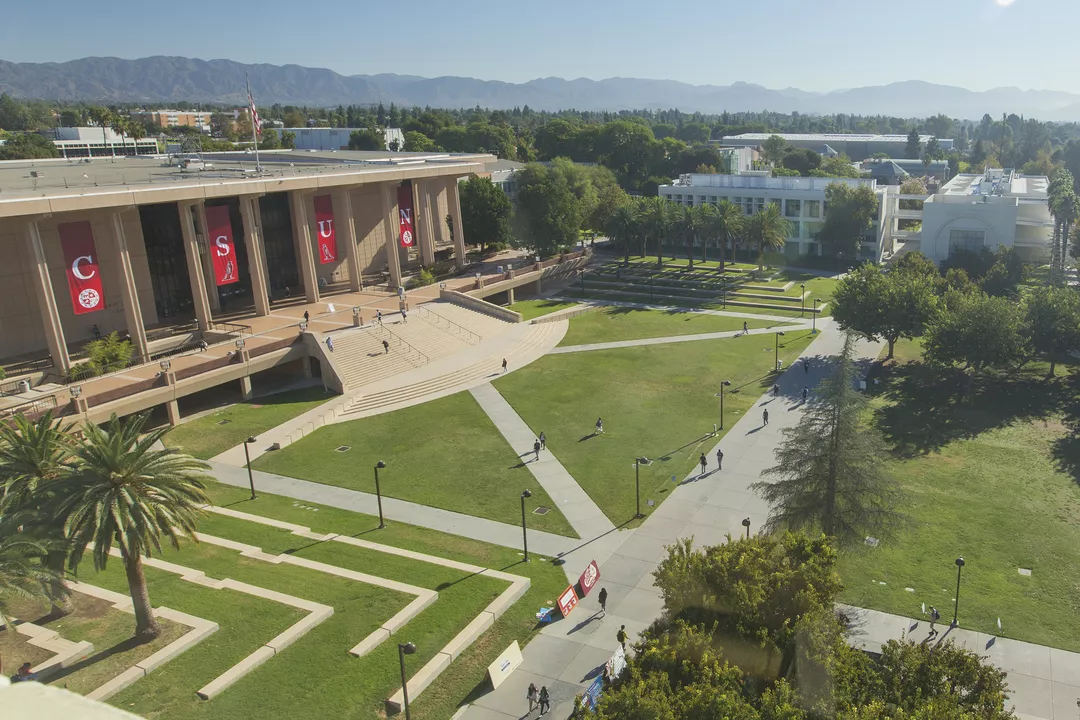-
hello@abroadcube.com
Mail us
-
Call For Help:
98779 83783
-
Whatsapp Us
70090 34921
The Master of Science program in Criminal Justice is designed to provide broad knowledge and understanding of the field of criminal justice, law enforcement, legal processes, and rehabilitation of offenders. It also provides an extensive academic foundation for a growing variety of professional opportunities and facilitates professional development in preparation for positions of increasing responsibility. Curriculum objectives are based on the philosophy that the function of the professional criminal justice practitioner and educator is to aid the orderly development of society, to contribute significantly to the improvement of the quality of services, and to advance the criminal justice system. Students who anticipate pursuing graduate studies should prepare themselves for work on this level by selecting undergraduate courses which provide competence in the following areas: statistical analysis, behavioral science methodology, independent library research, and the writing of research papers.
The University's location in the state capital provides direct access to many local, federal, and state agencies through internship and fieldwork opportunities.
| Level | Masters |
| Discipline | Law |
| Duration | 24 months |
| Intakes | Jan, Sep |
| Application Fees | USD 70 |
| Tuition Fees | USD 14304 |
| Campus | Sacramento |
| Language proficiency (minimum) | |
| IELTS | 6.5 |
|---|---|
| TOEFL | 80 |
| PTE | 65 |
| Duolingo | Not Required / Waiver |
| Exam proficiency (minimum) | |
| SAT | Not Required / Waiver |
|---|---|
| ACT | Not Required / Waiver |
| GRE | Not Required / Waiver |
| GMAT | Not Required / Waiver |
Minimum GPA - 77%
QS Quacquarelli Symonds is the world’s leading provider of services, analytics, and insight to the global higher education sector, whose mission is to enable motivated people anywhere in the world to fulfil their potential through educational achievement, international mobility, and career development.
THE (Times Higher Education) has been providing trusted performance data on universities for students and their families, academics, university leaders, governments and industry, since 2004. We create university rankings to assess university performance on the global stage and to provide a resource for readers to understand the different missions and successes of higher education institutions.
The Academic Ranking of World Universities (ARWU) was first published in June 2003 by the Center for World-Class Universities (CWCU), Graduate School of Education (formerly the Institute of Higher Education) of Shanghai Jiao Tong University, China, and updated on an annual basis
The "Webometrics Ranking of World Universities" is an initiative of the Cybermetrics Lab, a research group belonging to the Consejo Superior de Investigaciones Científicas (CSIC), the largest public research body in Spain. CSIC is among the first basic research organizations in Europe. The CSIC consisted in 2006 of 126 centers and institutes distributed throughout Spain.



